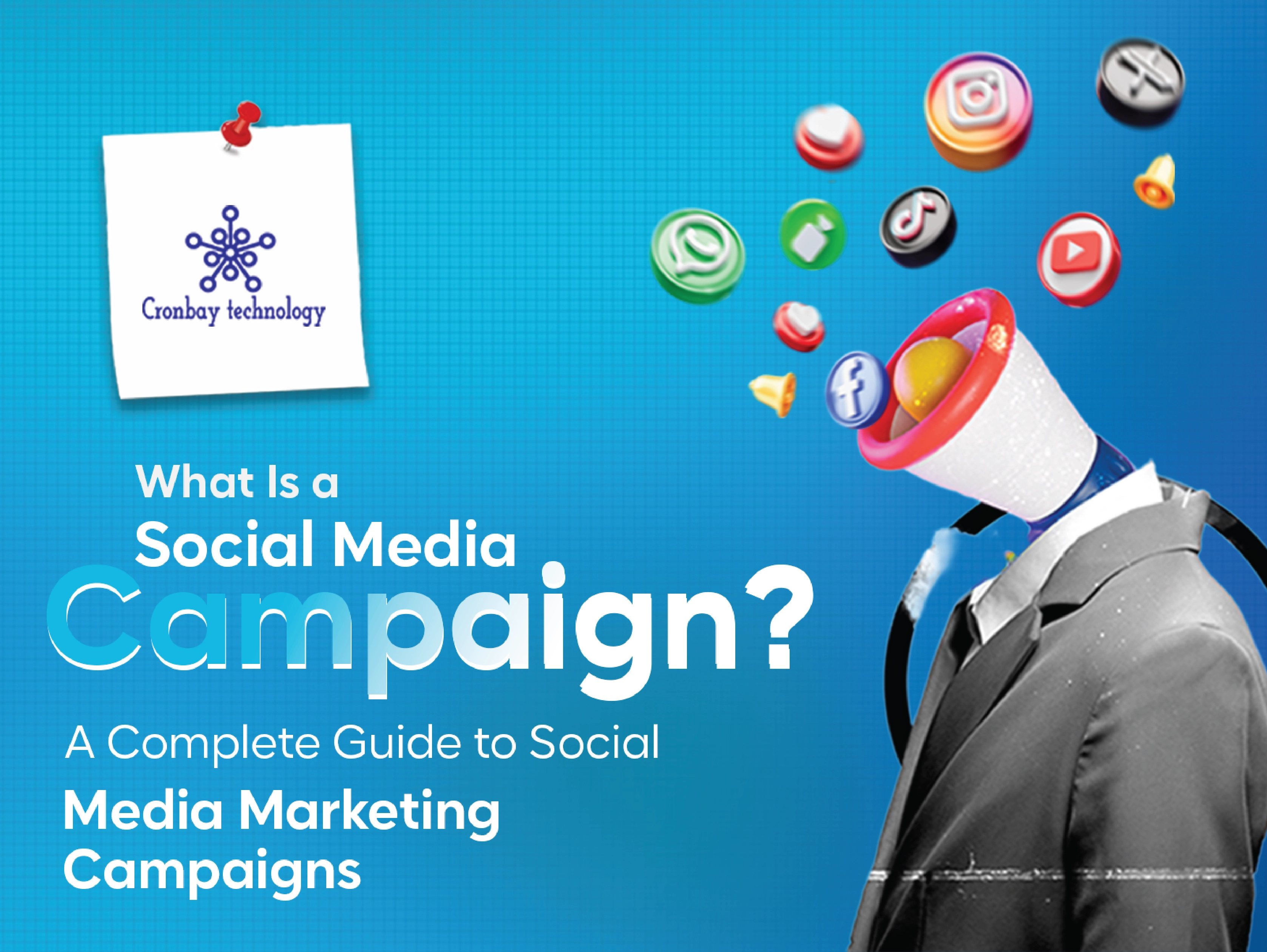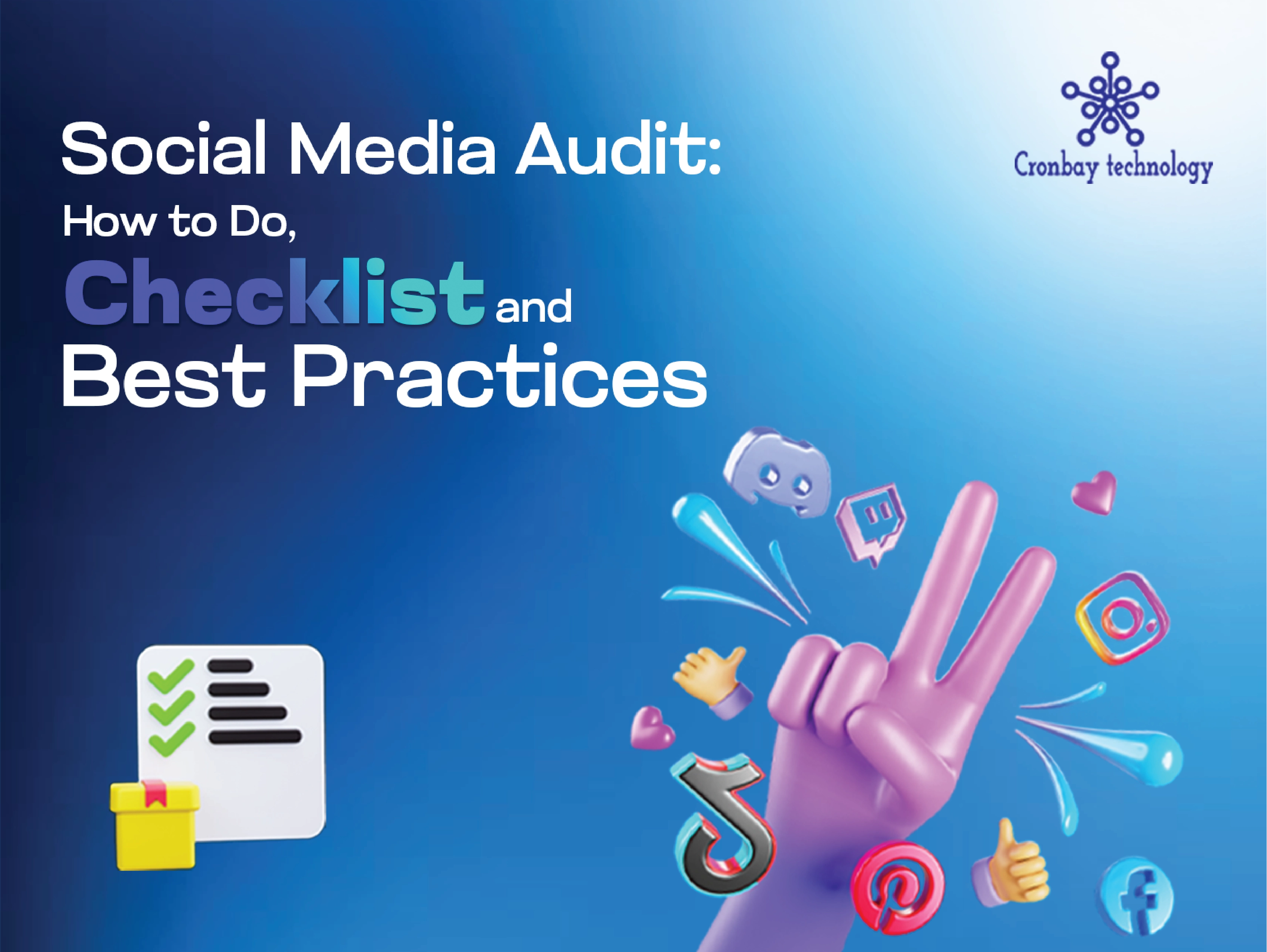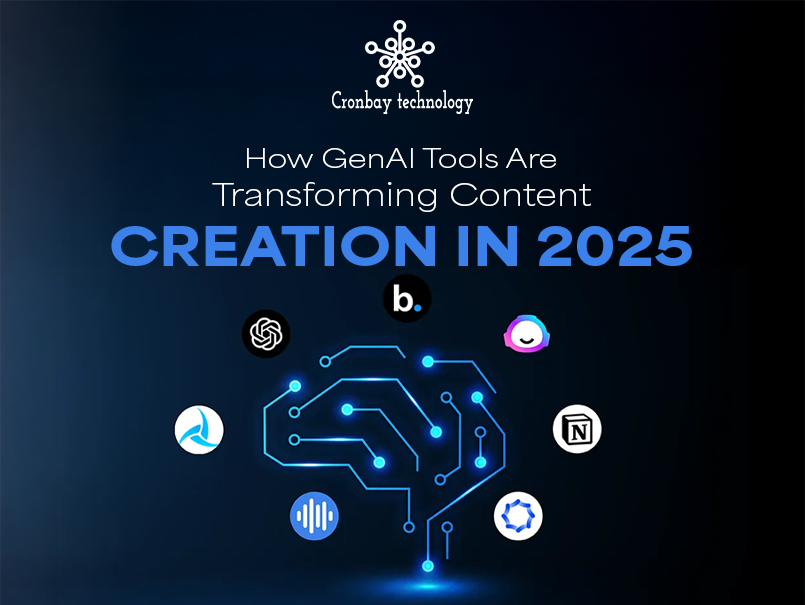So, what exactly is on-page optimization in search engine optimization? To increase a website's organic traffic and search engine results page (SERP) ranks, on-page SEO is used (search engine results pages). According to imforza, a whopping 93% of all online activities start with a search engine query and more than 78,000 Google searches take place every second, demonstrating just how popular search engines like Google are.
On-page SEO involves providing high-quality, relevant material and graphics and optimising the page's HTML, internal links, and metadata (meta title, meta description, and keyword density). With on-page SEO, these elements complement one another to produce a better website.
Why is On-page SEO important?
There is a direct correlation between the factors we just discussed and the success of your website.
-
It attracts the right kind of clients.
Optimizations for search engines and the content on a website work together to draw in your ideal audience effortlessly. It will be much less of an uphill battle to bring in your ideal clientele if you have tweaked your homepage to appeal to them specifically.
-
Your website's visibility in search engines will improve
Every company wants its brand to appear in search results anytime a customer types in a keyword associated with its product or service. You can't get the attention of your target demographic unless you score highly in search engine results. When searching, many individuals will just choose the first link that appears, regardless of its quality or relevance. With the right on-page SEO, your website will have a better chance of being returned in search results for the brand- and business-related queries.
-
It is crucial for expanding one's company and brand
You may attribute a large portion of your internet success to having optimised your pages properly. The number of people who see your ad grows, your search engine rankings rise, and the number of people who buy your goods from you increases.
What is an on-page SEO checklist?
Due to the complexity of On-page SEO, this checklist will help you ensure that your efforts are fruitful.
-
Content quality
First and foremost in on-page SEO is the production of high-quality content. Title tags, keywords, and headers won't do much good if the text they accompany is of low quality. Users want your material to solve their problems and aid them somehow.
-
Planned Organization of Material
The organisation of content is also crucial for on-page SEO. Making sure your website is easy to navigate is the key.Several perspectives exist on this. This way, you may check the site's navigation from end to end and ensure everything is in order. To achieve this, you should make sure that all of the site's most crucial pages can be quickly accessed through the navigation bar and that page transitions are smooth.
-
Label Title
When it comes to on-page SEO, title tags are perhaps the single most significant factor. And it's rational, too. Here is where you may describe your page's focus to the reader. Search engines won't automatically associate your page with your target keyword if you don't include it in the title.
-
Meta description
When it comes to search engine optimization, meta descriptions have been a hotly contested issue. There are some who think it has a role in rankings and others who don't. Meta descriptions are an influence on rankings.
-
Titles
Using heading tags is also a major element in search engine rankings. H1 tags, in particular, were formerly regarded to be crucial. Not that they ever stopped being useful, but Google has made it clear that all heading tags should be treated with the same weight.
-
Use of Keywords
In order for Google to recognise that your page is about a certain term, you must use that keyword throughout the text of your website. Click here to get a user guide to researching keywords for SEO optimization.
-
URL
When building landing pages and blog articles around target keywords, don't forget to include them in the URL itself. The URL should be brief, but the term should be included wherever feasible.
-
Image Enhancement
Improving your site's relevance to search terms is possible in other ways, too, for as by optimising photos. There are many approaches to this.
-
Internal links
The value of internal links in on-page SEO is often overlooked. Because it enables you to delegate responsibility for certain tasks from one page to another, it is crucial to every website. If you want all of the pages on your site to rank well, you should establish a high-authority domain and use internal links to promote each of the other sites.
-
External Links
External links are another contentious issue when it comes to improving search engine rankings. Some people think that if you connect to reputable external sites, Google will see your site as trustworthy.
On-Page SEO Techniques to Improve Rankings
Here are listed some of the techniques that you can use to increase your rankings-
-
Focus on content SEO
First, you should focus on content SEO, which is a subset of on-page SEO that involves tailoring the page's actual text to the needs of search engines and the intended audience. According to a report, 75% of marketers believe that the SEO strategies they use are either "very successful" or "very effective" in assisting them in accomplishing their marketing objectives.
Doing keyword research is the first step before releasing any kind of material (text, photos, audio, or video).
It's important to do this so you can find out what people are putting into the search bar so you can tailor your content to meet their needs. -
URL Optimization
URL optimization is crucial for search engine rankings. It's divided into two sections. Part one focuses on URL optimization, while part two examines URL structure. A good URL has fewer than 255 characters, is accessible to type, and uses hyphens to denote section breaks.
-
Use Internal References
Internal linking is a crucial SEO factor since it essentially constructs a web inside your own website.
Once a search engine spider discovers a page, the next stage is for the spider to follow any connections it finds (both internal and external links).Visitors to your site will likely read what you have to say before leaving if you don't provide any internal connections. In addition, they will consider any internal connections that go to other sections of your site.
-
Increase your page loading speed
Google has spent a lot of money to speed up the internet. Everyone at Google I/O talks about how fast load times are important and how they want to ensure that the quickest websites are indexed.
They have formally included speed as a known ranking variable to 'forcing' website owners to consider it. Since this is the case, we can safely say that page load times have a direct impact on a website's search engine rankings.
Final Thoughts
Search engine optimization, or SEO, comes down to finding the best approach to give searchers what they want and ensuring your website is at the top of search engine results pages. You want to improve consumers' experiences while showing search engines that you're worth their time. Focus on the things you have power over first, including a thorough analysis of your present site to identify its flaws and potential for improvement. If you need the help of professionals, you may click here to book the appointment for the perfect guidance.
Frequently Asked Questions
1. What is On-Page SEO vs Off-Page SEO?
Ans. When discussing search engine optimization (SEO), the term "on-page" is used to describe those elements and approaches that may be employed to improve those parts of your site that are within your direct control. For the purposes of search engine optimization, "off-page" refers to the activities you do to increase awareness of your website or brand elsewhere on the Internet.
2. What are some bad SEO practices to avoid?
Ans.
- Keywords should not be overemphasised.
- Never make a landing page for each possible keyword combination.
- Never publish too much material.
- Never accept low-quality guest posts.
- Never employ lazy link acquisition strategies.





